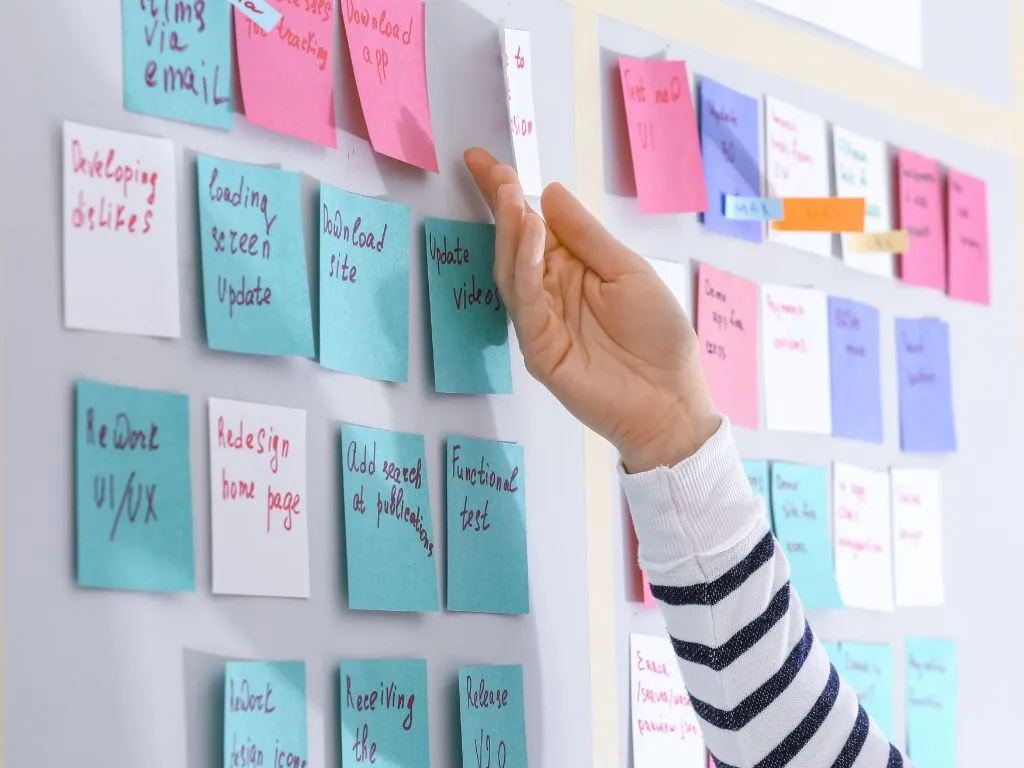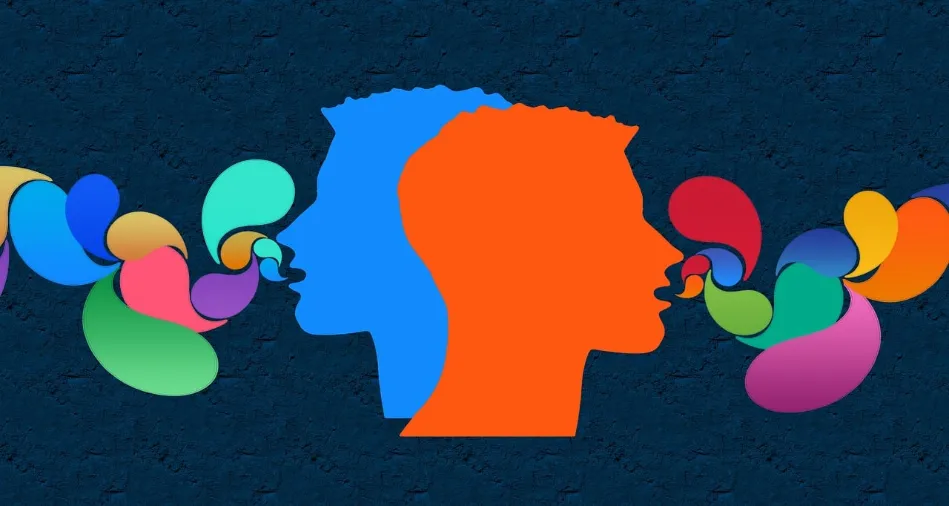[read-time]

The Zeigarnik Effect (Zei·gar·nik), named after Soviet psychologist Bluma Zeigarnik, is a phenomenon that has captivated researchers and psychologists for decades. It all began in the 1920s when Zeigarnik observed a peculiar behavior in a Berlin restaurant. She noticed that waiters had an uncanny ability to remember intricate details of orders that were still in progress, yet they promptly forgot those same details once the orders were completed and paid for.
Intrigued by this observation, Zeigarnik conducted a series of experiments to explore this phenomenon further. Her research revealed that individuals tend to remember incomplete or interrupted tasks better than those they have completed. This effect, now known as the Zeigarnik Effect, has since been studied extensively and has significant implications for our understanding of human behavior, motivation, and task completion.
The Psychology of the Zeigarnik Effect
The Zeigarnik Effect is rooted in our innate desire for closure and the psychological tension that arises from unfinished tasks. When you leave a task incomplete, it creates a cognitive tension or mental itch that demands resolution. This tension persists in your mind, making it easier to recall the details of the unfinished task.
On the other hand, once a task is completed, the associated tension dissipates, and your mind is free to move on to other pursuits. As a result, the details of completed tasks tend to fade from memory more quickly, as they no longer hold the same psychological significance or urgency.
This phenomenon is believed to be an evolutionary adaptation that helped our ancestors prioritize and focus on essential, unfinished tasks crucial for survival, such as gathering food or securing shelter.
How the Zeigarnik Effect affects productivity and task completion
The Zeigarnik Effect can have a profound impact on your productivity and ability to complete tasks effectively. On one hand, it can serve as a powerful motivator, driving you to complete unfinished tasks to alleviate the cognitive tension they create. This can be particularly useful when tackling complex or long-term projects that require sustained focus and commitment.
However, the Zeigarnik Effect can also be a double-edged sword. If you have too many incomplete tasks vying for your attention, the cognitive tension can become overwhelming, leading to distraction, anxiety, and decreased productivity. This phenomenon, known as the “Zeigarnik Paralysis,” can make it challenging to prioritize and focus on the most important tasks at hand.
Related article
Strategies For Utilizing the Zeigarnik Effect to Your Advantage
- Prioritize and focus: Identify the most important and high-impact tasks on your to-do list and concentrate your efforts on completing them one by one. This will allow you to leverage the Zeigarnik Effect’s motivational power while minimizing the risk of cognitive overload.
- Break down larger tasks: Divide complex projects into smaller, manageable subtasks. This creates a sense of progress and completion as you check off each subtask, reducing cognitive tension and maintaining motivation.
- Implement the “Zeigarnik Technique”: Intentionally interrupt yourself during a task and create a reminder or cue to return to it later. This artificial interruption can trigger the Zeigarnik Effect, making it easier to recall and resume the task when you return to it.
- Embrace the power of deadlines: Set realistic deadlines for your tasks and projects. The looming deadline can create a sense of urgency and cognitive tension, harnessing the Zeigarnik Effect to drive you towards completion.
Overcoming the negative impact of the Zeigarnik Effect
While the Zeigarnik Effect can be a powerful motivator, it can also become a hindrance if left unchecked. To mitigate the negative impacts of the Zeigarnik Effect, consider the following strategies:
- Practice mindfulness: Cultivate the ability to let go of completed tasks and shift your focus to the present moment. Mindfulness techniques, such as meditation or deep breathing exercises, can help you release cognitive tension and prevent rumination on finished tasks.
- Implement a “closure ritual”: Develop a personal ritual or routine to signify the completion of a task. This could involve celebrating small wins, updating your to-do list, or engaging in a brief break activity. These rituals can provide a sense of closure and help your mind transition to the next task more easily.
- Prioritize self-care: Chronic cognitive tension and stress can take a toll on your mental and physical well-being. Make time for activities that promote relaxation, such as exercise, hobbies, or spending time with loved ones. This can help you recharge and maintain a balanced perspective.
Discover Your Personality Color Traits Today!
Learn what your specific, most predominant color traits are and develop your personal and professional skills and attributes.
Applying the Zeigarnik Effect in Personal and Professional Settings

The Zeigarnik Effect has applications in various aspects of life, both personal and professional. Here are some examples:
- Personal productivity: Leverage the Zeigarnik Effect to stay motivated and focused on your personal goals, whether it’s learning a new skill, completing a home improvement project, or pursuing a hobby.
- Academic performance: Students can use the Zeigarnik Effect to their advantage by breaking down larger assignments into smaller, manageable tasks and creating artificial interruptions to maintain motivation and recall.
- Project management: In professional settings, project managers can utilize the Zeigarnik Effect to keep team members engaged and motivated throughout the project lifecycle. Regular check-ins, progress updates, and interim milestones can create a sense of urgency and cognitive tension, driving the team towards successful completion.
- Customer service: In customer-facing roles, the Zeigarnik Effect can help service representatives prioritize and remember outstanding customer requests or issues, ensuring prompt resolution and improving overall customer satisfaction.
The Zeigarnik Effect in marketing and advertising
Marketers and advertisers have long recognized the power of the Zeigarnik Effect in capturing and retaining consumer attention. Here are some strategies they employ:
- Cliffhanger marketing: Creating a sense of suspense or leaving a story unfinished can trigger the Zeigarnik Effect, compelling consumers to engage further to resolve the cognitive tension.
- Limited-time offers: By introducing scarcity and time constraints, marketers can create a sense of urgency and cognitive tension, driving consumers to act before the opportunity expires.
- Serialized content: Releasing content in installments or episodic formats, such as web series or podcasts, can leverage the Zeigarnik Effect to keep audiences engaged and anticipating the next installment.
- Interactive advertising: Campaigns that require user participation or input can create a sense of incomplete tasks, prompting consumers to engage further to achieve closure.
Criticisms and limitations of the Zeigarnik Effect
While the Zeigarnik Effect has been widely studied and applied, it is essential to recognize its limitations and potential criticisms:
- Individual differences: The strength of the Zeigarnik Effect can vary significantly among individuals, influenced by factors such as personality traits, motivation levels, and cognitive abilities.
- Task complexity: The effect may be more pronounced for simple or routine tasks, whereas complex or highly engaging tasks may override the cognitive tension associated with incomplete tasks.
- Cultural and contextual factors: Some research suggests that the Zeigarnik Effect may be more prominent in certain cultural contexts or situations where task completion holds greater significance or value.
- Methodological concerns: Critics have raised questions about the experimental designs and methodologies used in some Zeigarnik Effect studies, highlighting the need for more rigorous and controlled research.
Despite these limitations, the Zeigarnik Effect remains a valuable concept in understanding human motivation, task completion, and memory processes. As with any psychological phenomenon, it is essential to consider individual differences and situational factors when applying or interpreting the Zeigarnik Effect.
The Personality Color Test
Right now you can discover how to utilize your personality traits for personal and professional growth. Use our assessment tool to learn your predominant traits today!











